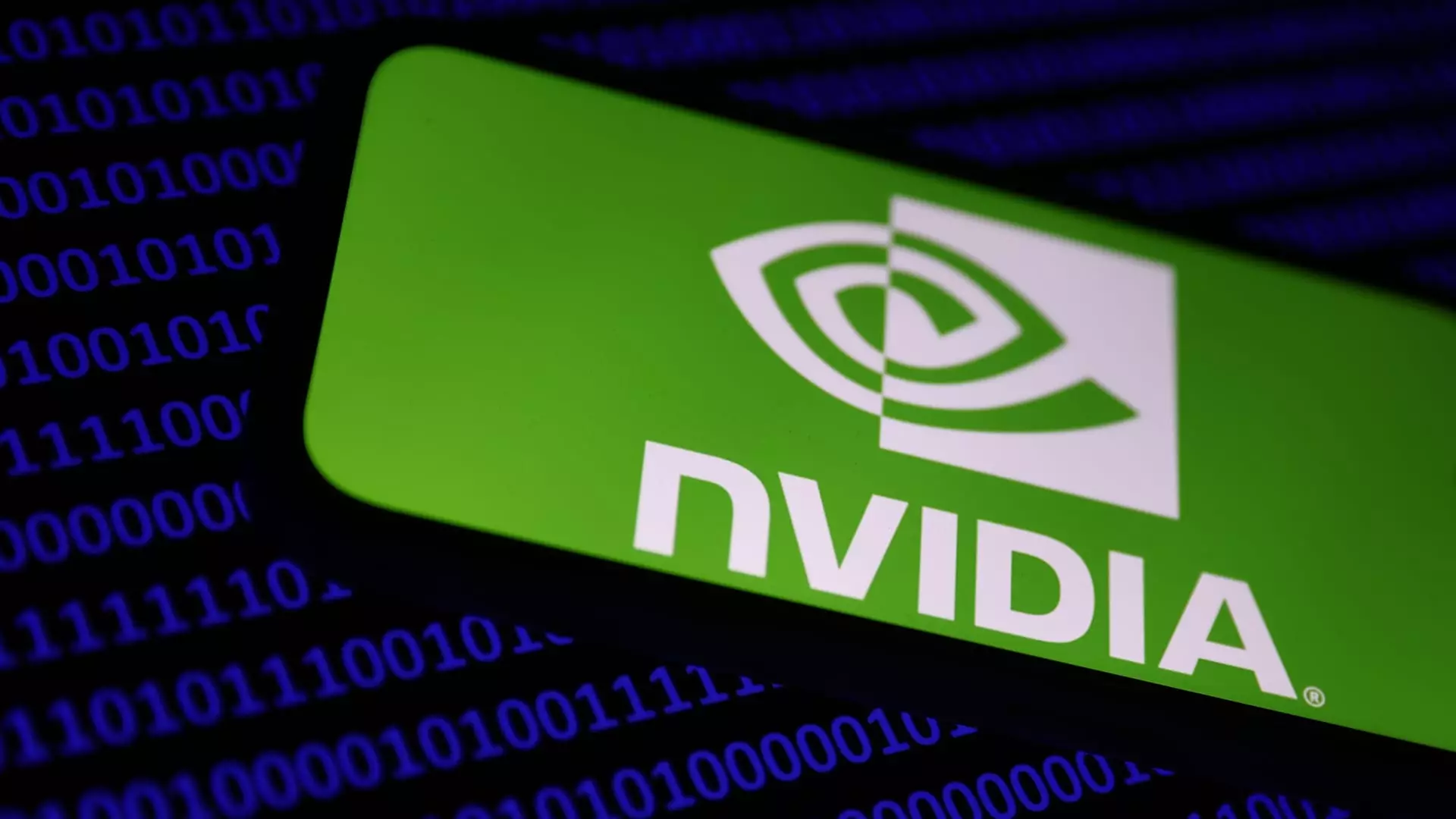In recent discussions, Saudi Arabia has outlined an ambitious agenda, focusing on the enhancement of its artificial intelligence capabilities. The kingdom harbors optimistic projections regarding access to Nvidia’s high-performance chips, crucial for the development of advanced AI models. This accessibility, however, is entangled in the complex web of U.S. export controls, which have historically been stringent in allowing chip exports to foreign nations, particularly those in the Middle East. With an aim to significantly bolster its AI ecosystem, Saudi Arabia is navigating through intricate diplomatic channels while fostering relationships with global tech giants.
The Nvidia H200 chips, recognized as some of the most powerful on the market, are vital for processing extensive data sets required for high-level AI operations. Abdulrahman Tariq Habib, Deputy CEO of the Saudi Data and AI Authority (SDAIA), recently articulated the kingdom’s expectations of obtaining these chips within the next year. Such advancements could facilitate smoother business operations between Saudi Arabia and the United States, massively enhancing computational capacities within the kingdom. Habib underscored the multifaceted nature of this endeavor, indicating that success hinges not only on technological acquisition but also on human capital development and data management strategies cultivated over the past few years.
The drive for a robust AI infrastructure aligns closely with Saudi Arabia’s Vision 2030, a comprehensive initiative aimed at diversifying the economy and diminishing reliance on oil revenues. Insights derived from a September report by SDAIA highlight that the kingdom intends for AI to account for 12% of its GDP by 2030. The ambitious budget for this developmental journey heavily relies on the $925 billion Public Investment Fund (PIF), which is earmarked for substantial investments to create a thriving AI ecosystem. Such financial backing not only signals confidence in the sector’s potential but also reflects a commitment to positioning the kingdom as a formidable player in the global AI landscape.
In pursuit of its objectives, Saudi Arabia is exploring strategic partnerships, including discussions with prominent American venture capital firms such as Andreessen Horowitz regarding the establishment of a $40 billion AI investment fund. This endeavor illustrates the kingdom’s proactive measures to attract international funds and expertise, essential for realizing its AI ambitions. Furthermore, the gradual easing of U.S. export restrictions regarding advanced chips signifies a thaw in diplomatic relations and a burgeoning collaboration between Saudi Arabia and the U.S., especially in the AI domain. Habib remarked on the importance of these developments, emphasizing how they signify mutual understanding over the strategic potential of Saudi Arabia as an emerging player in the global AI sector.
Despite these ambitious plans, pathways remain obstructed due to geopolitical tensions surrounding chip exports. The Biden administration implemented stringent restrictions on chip exports in response to national security concerns, primarily aimed at curtailing China’s access to advanced technologies. In May, the scope of these rules expanded, establishing a framework that necessitates special licenses for U.S. companies looking to export significant semiconductor technologies to Middle Eastern nations, including Saudi Arabia and the United Arab Emirates. This context casts a shadow over the kingdom’s aspirations, illustrating the complex interplay of innovation and geopolitical strategy.
Moreover, Saudi Arabia’s strong trading partnership with China complicates its relations with the U.S. China stands as the kingdom’s largest trading partner, with substantial investments in Vision 2030 initiatives. Reports indicate that Saudi authorities are striving to assuage U.S. security concerns regarding their burgeoning ties with China, while simultaneously ensuring continued collaboration with Beijing should Washington’s restrictions on chip exports persist. This balancing act highlights the intricacies of Saudi Arabia’s international relations and its aspirations in the AI domain.
As Saudi Arabia endeavors to establish itself as a leader in artificial intelligence, the acquisition of advanced chip technology from Nvidia stands pivotal to its success. However, the complexities of U.S. export restrictions combined with geopolitical balancing require astute navigation of international relations. As the kingdom continues to invest in its capabilities and foster global partnerships, its ability to successfully leverage AI will not only contribute to national economic goals but also reshape its position on the world stage. Saudi Arabia’s journey is one of ambition, resilience, and strategic foresight—a roadmap that other nations may well study as they carve their paths in technological innovation.


Leave a Reply